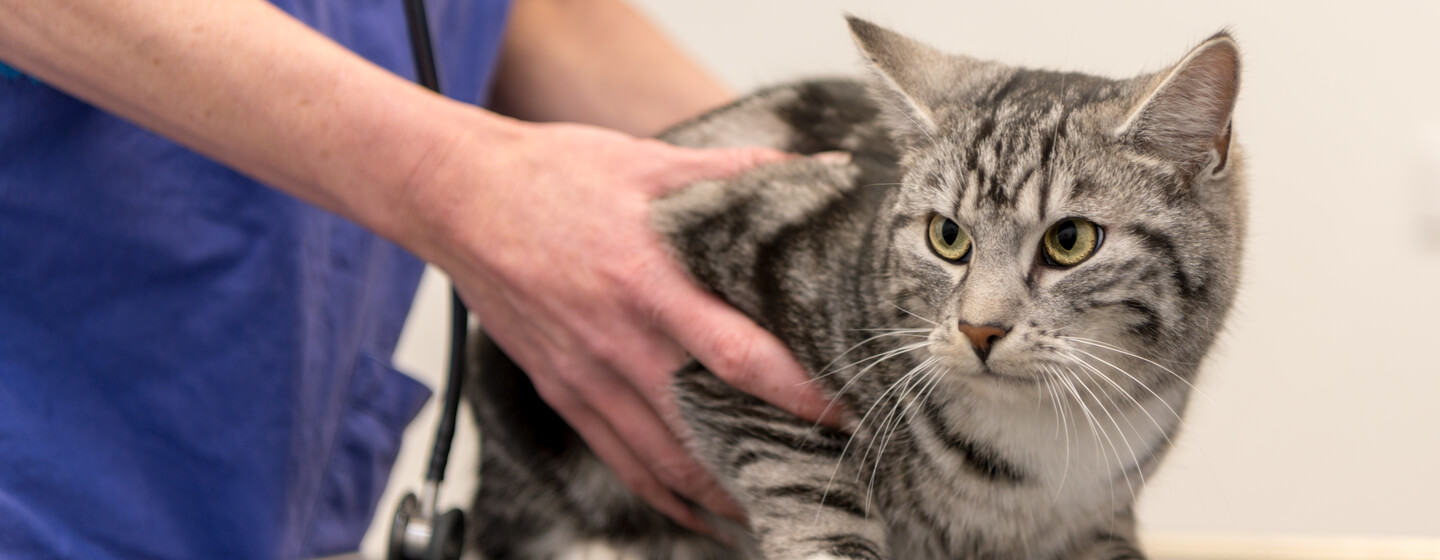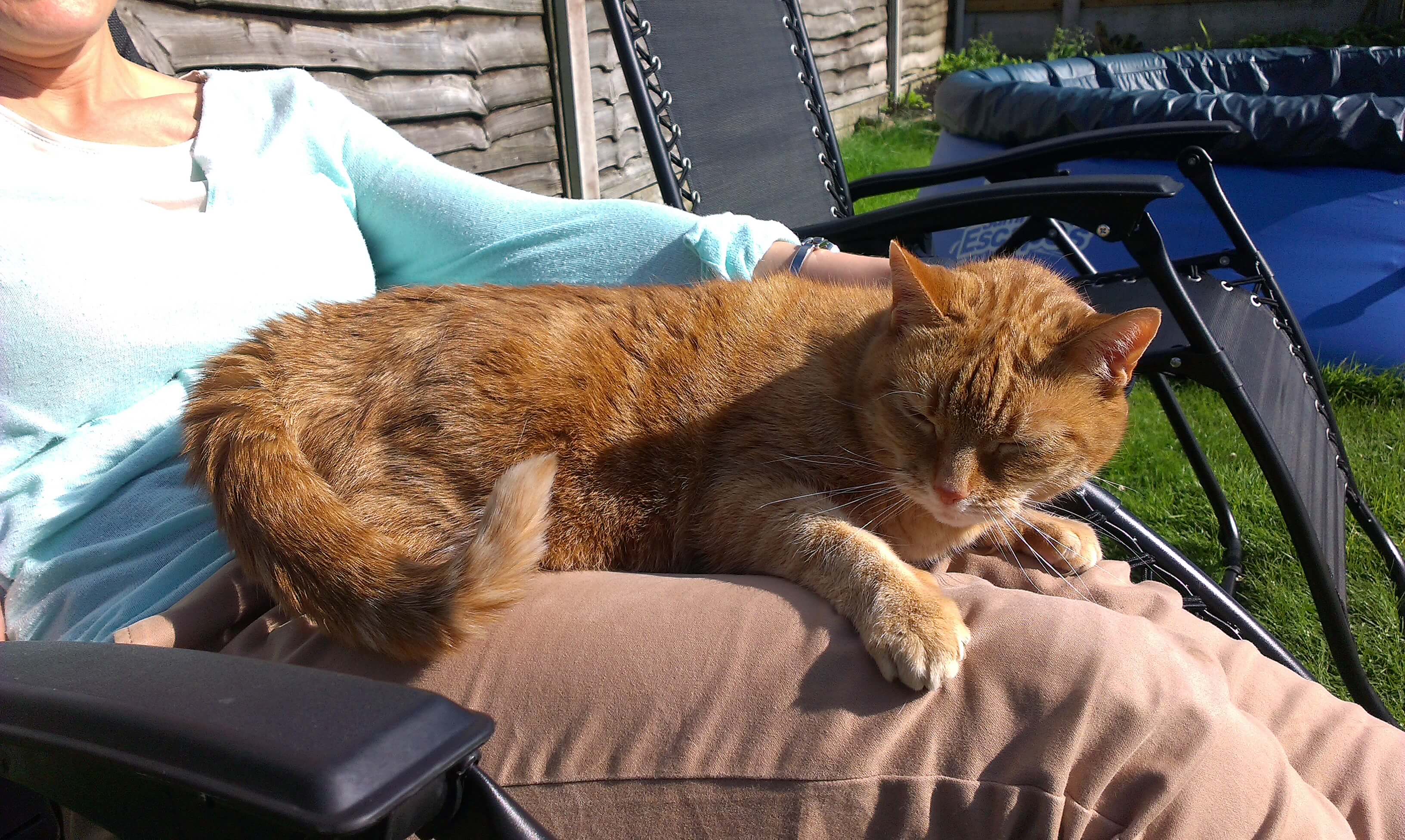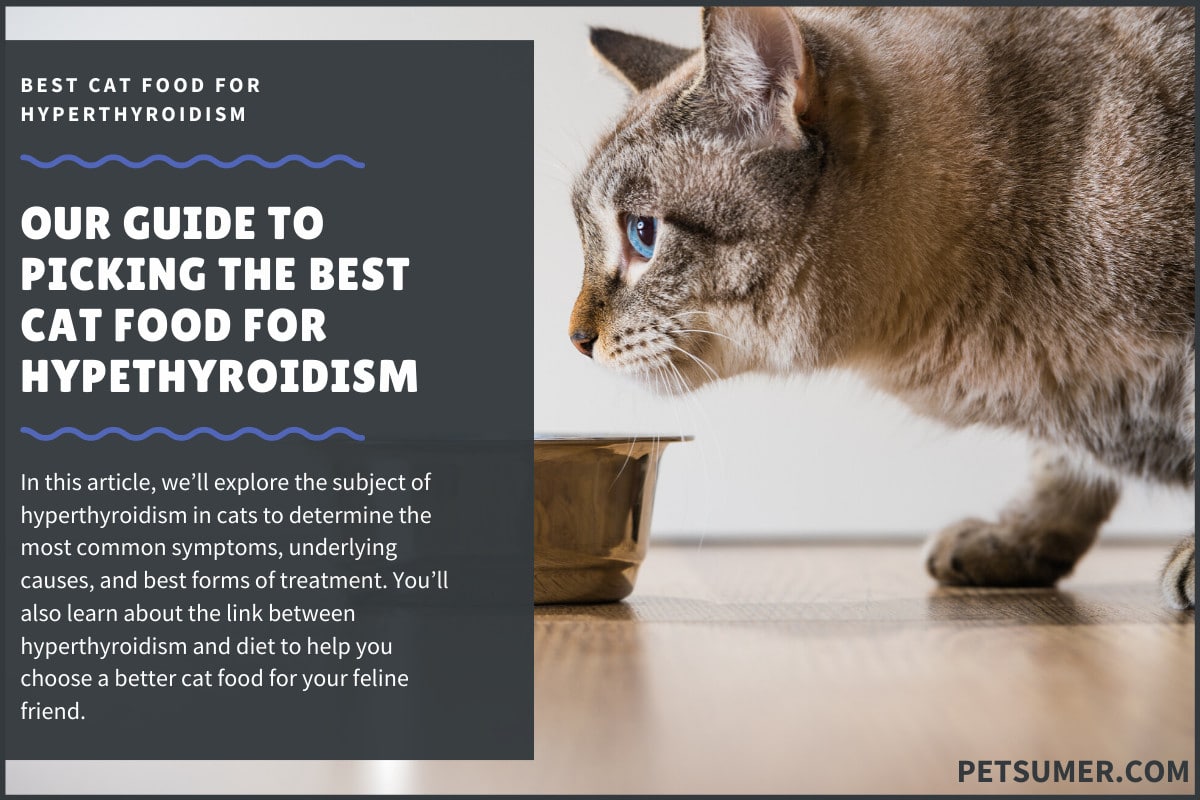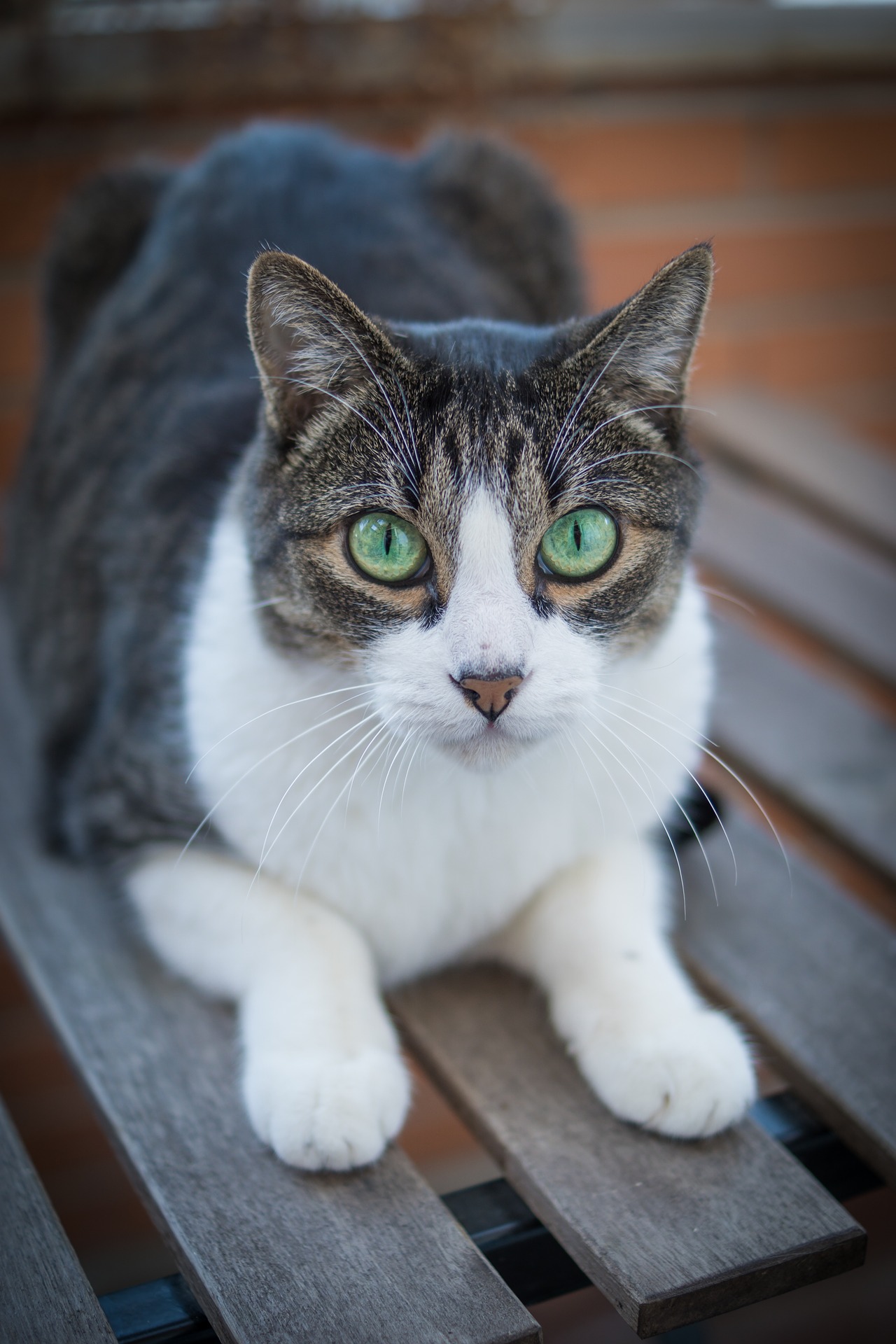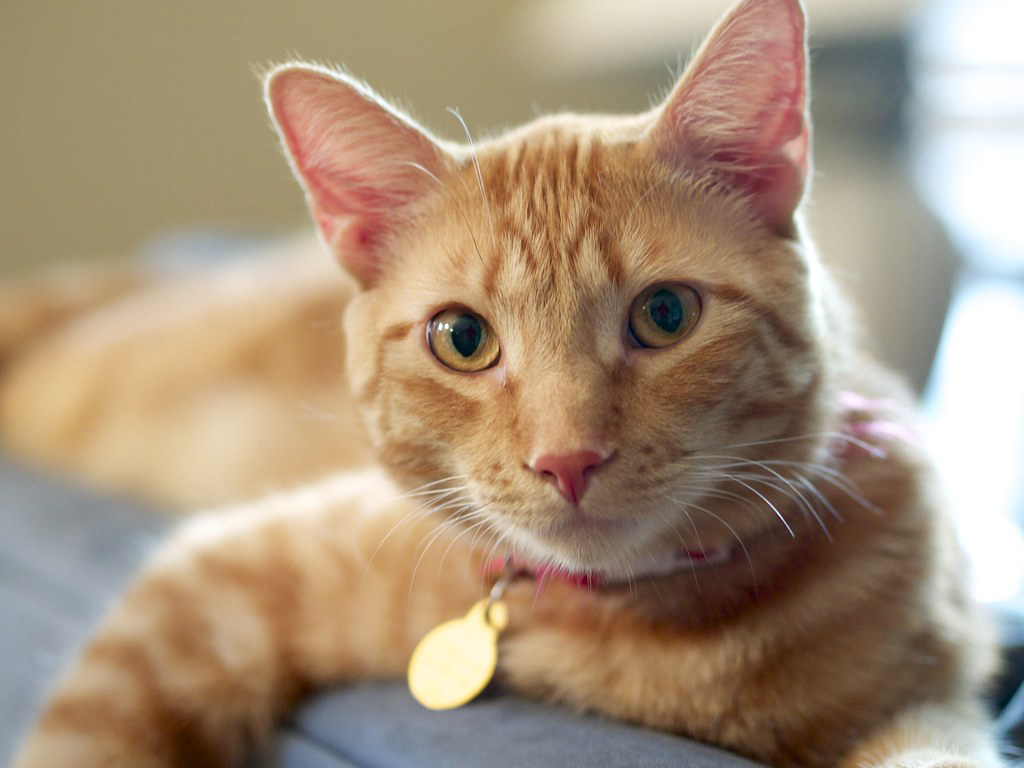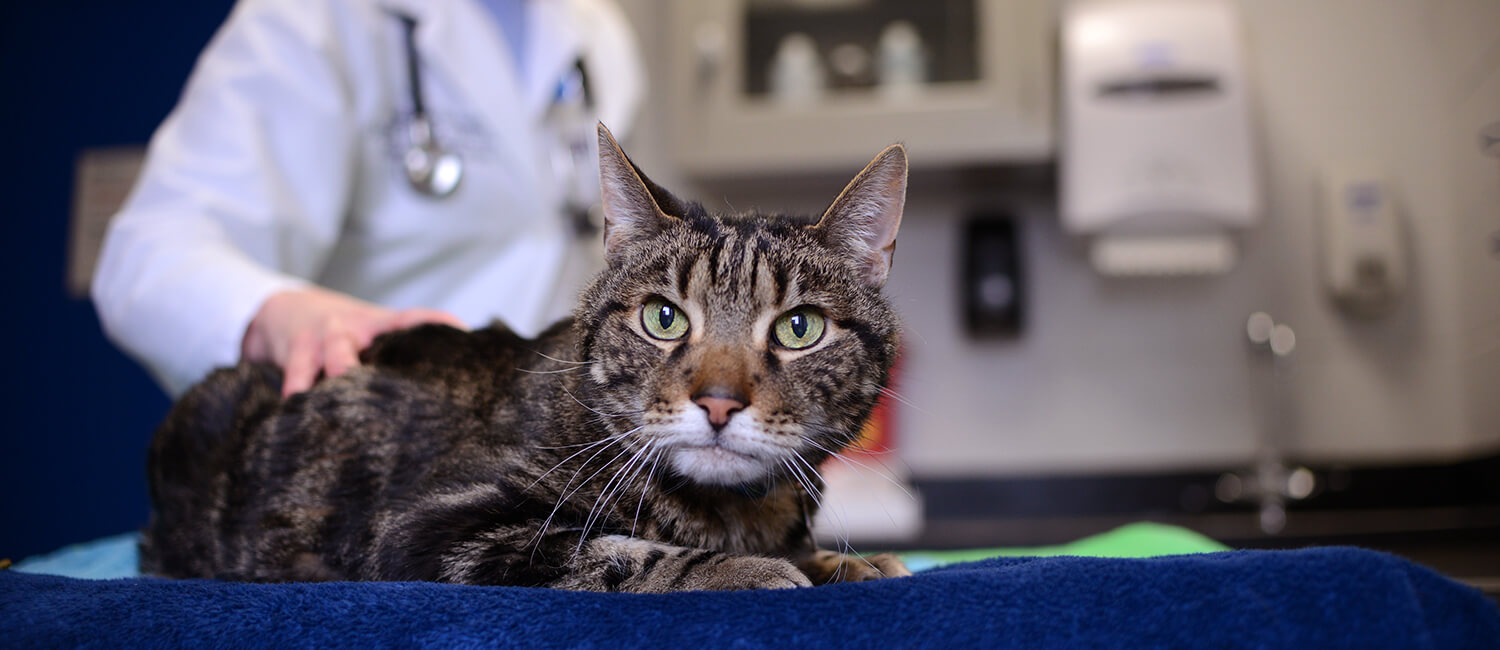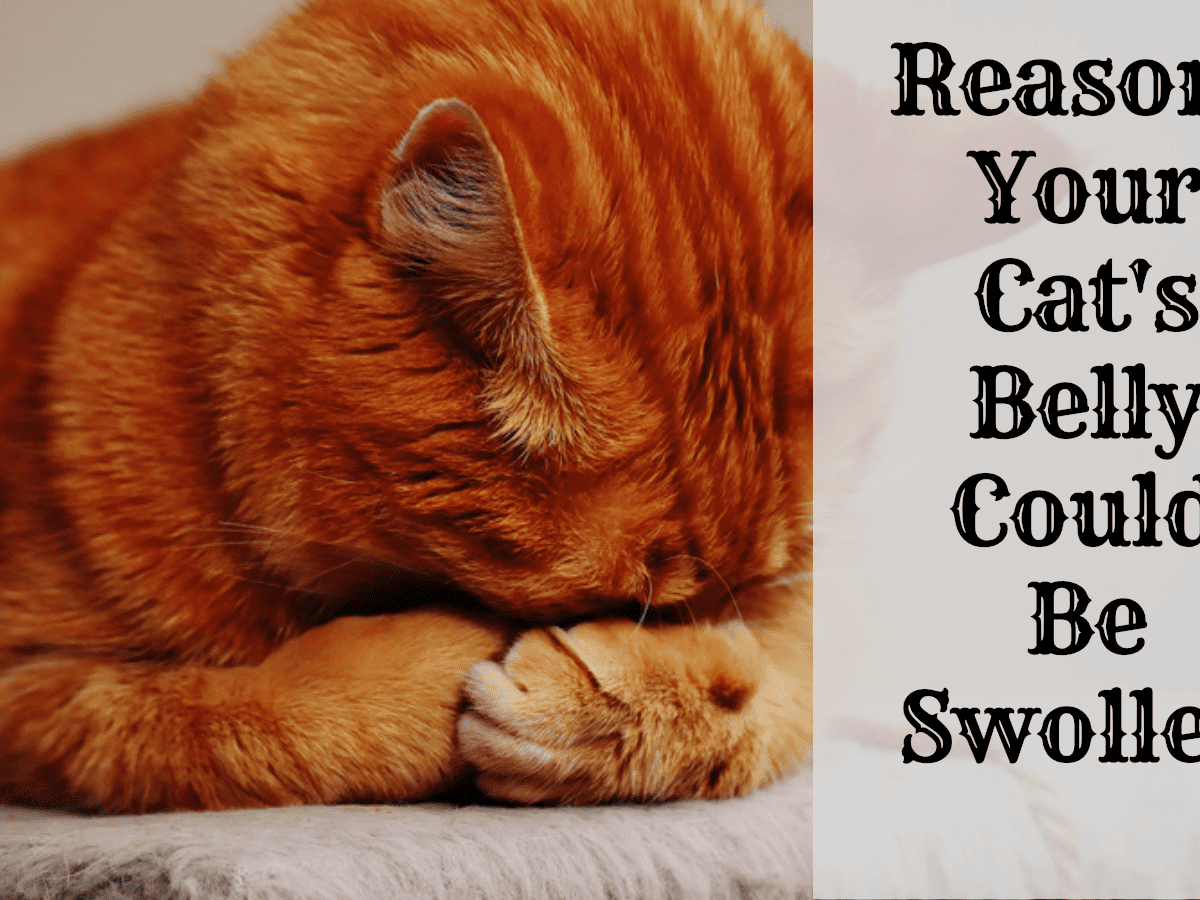Hyperthyroidism In Cats Prognosis
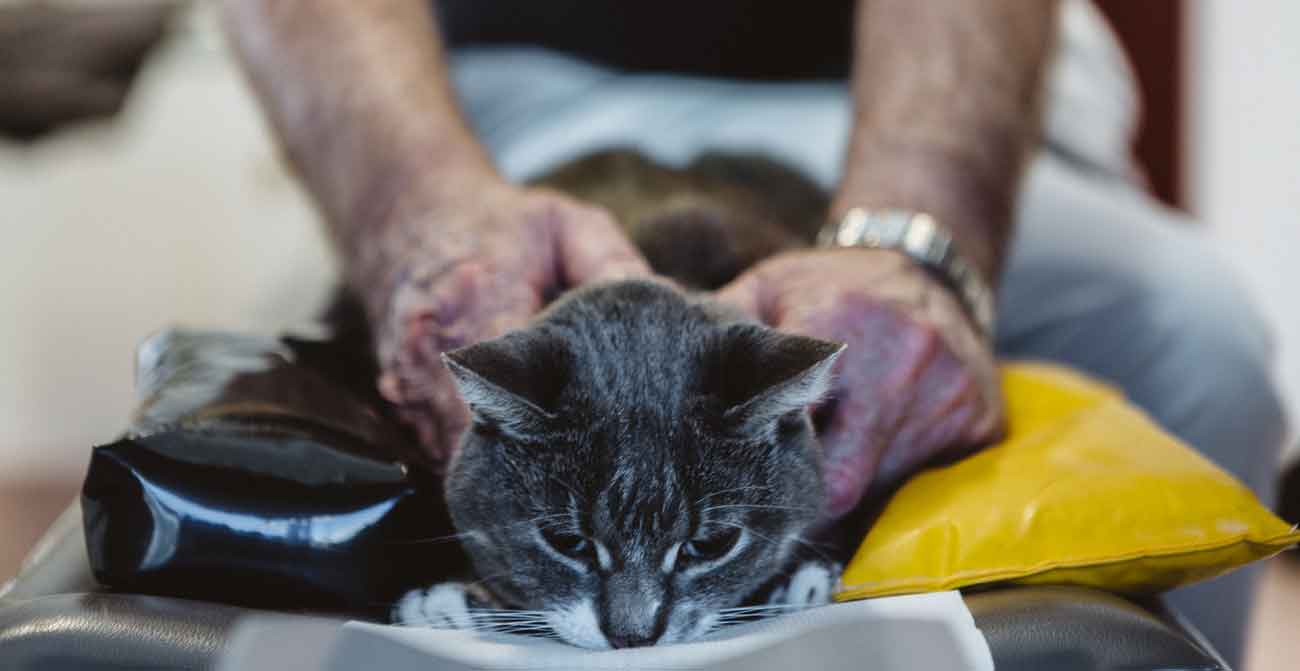
Hyperthyroidism in cats life expectancy Diagnosis of illness which if left untreatable has higher chances of deteriorating the span of life.
Hyperthyroidism in cats prognosis. It is typical for older cats to lose weight as they age making it hard to distinguish hyperthyroidism from normal aging. Since thyroid hormone regulates most body processes too much production of the hormone causes dramatic clinical changes in the body. Push down on the gas pedal and you flood the engine causing it to rev hard and burn through fuel like nobodys business.
The excess T4 causes the cats entire body to shift into overdrive taking a toll on all the organs especially the heart and kidneys. Most cases of hyperthyroidism stem from benign tumors that form in the gland. Hyperthyroidism occurs when a benign growth in the thyroid gland causes the gland to produce too much of the hormone T4.
Hyperthyroidism seems to occur more in older cats non-specific of gender or breed. Diagnosis and quality treatment for hyperthyroidism in cats can be expensive but an ASPCA Pet Health Insurance plan can help you manage the costs Hyperthyroidism means that too much hormone is being produced by your cats thyroid glands Symptoms can include an increase in appetite weight loss and a poor coat The condition can be diagnosed with a straightforward blood test taken by a vet It is very common in older cats and most cases can be treated successfull Symptoms of Hyperthyroidism. Some cats may have slightly elevated levels of thyroid hormones.
Symptoms of hyperthyroidism in cats. This is what happens to the body when too much thyroxine is present. There are a few different treatment options including radioactive iodine therapy surgical treatment and medication.
Feline hyperthyroidism in cats is a lethal complaint of a thyroid gland which usually appears with pain and discomfort. More specific information on what to expect when your cat is treated with radioactive-iodine therapy at Cornell can be found here. Hyperthyroidism causes weight loss increased appetite restlessness and many other symptoms.
Heart rate and rhythm are also assessed as some cats with hyperthyroidism develop secondary cardiac problems. Visit the Internal Medicine Service website What Is Feline Hyperthyroidism. Excessive thirst Increased urination Decreased activity levels.
